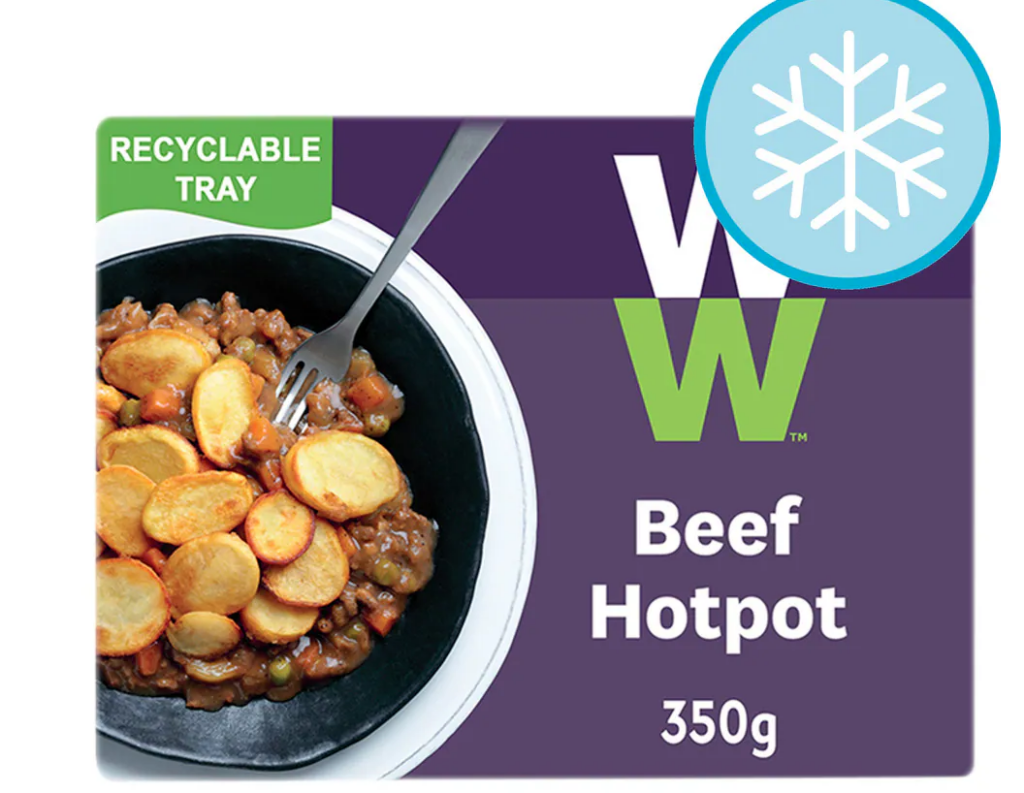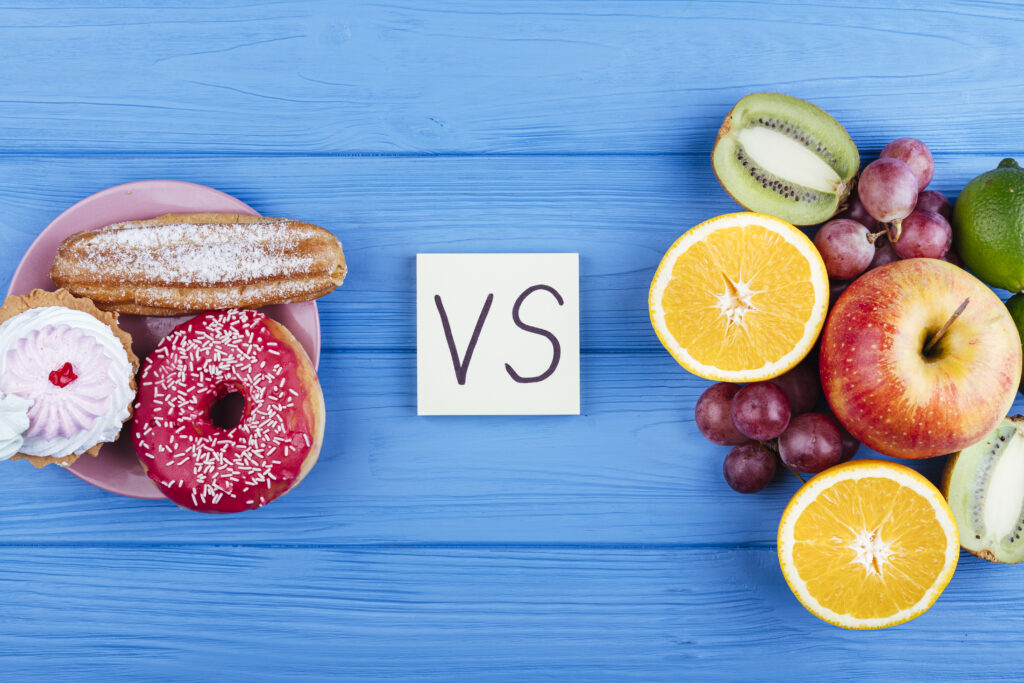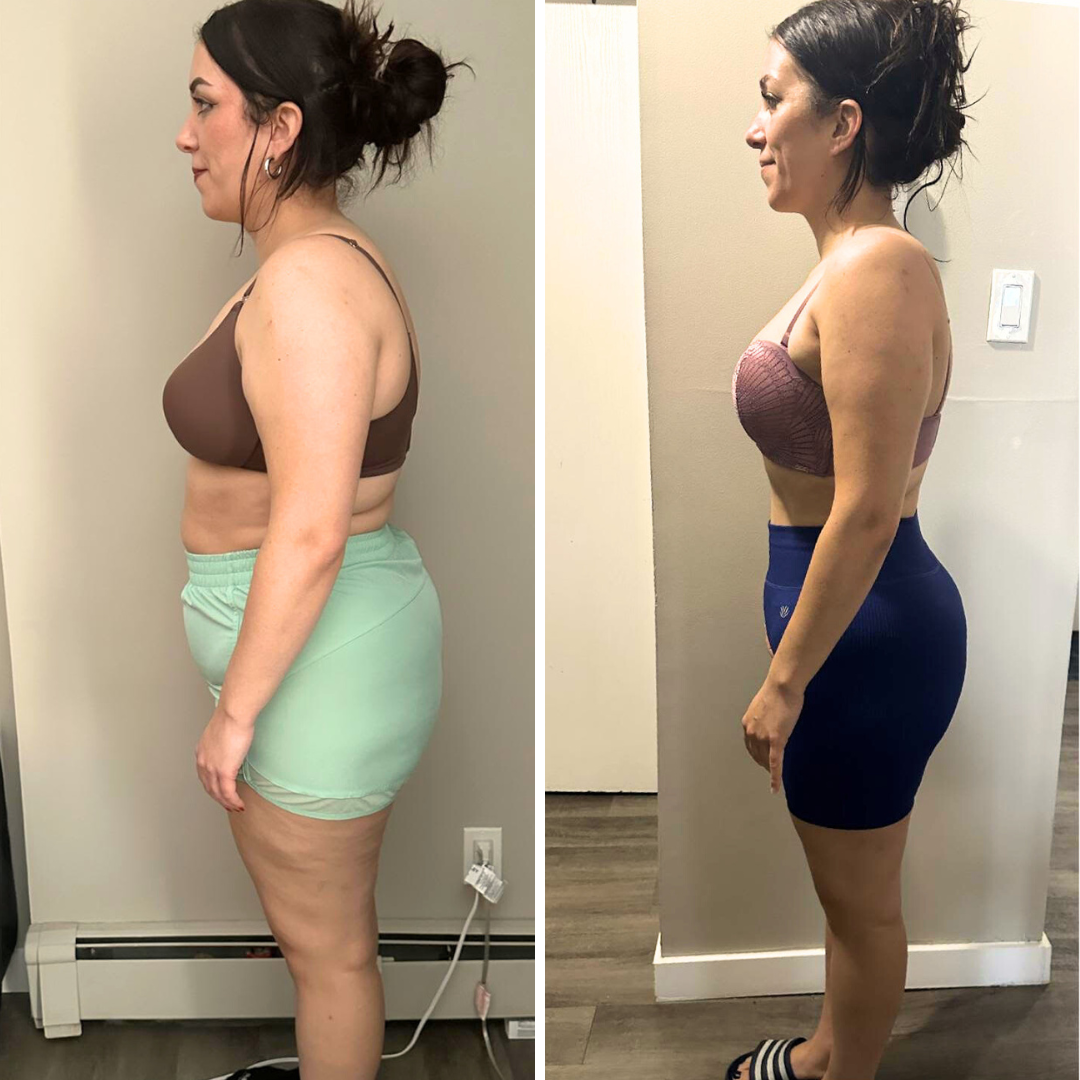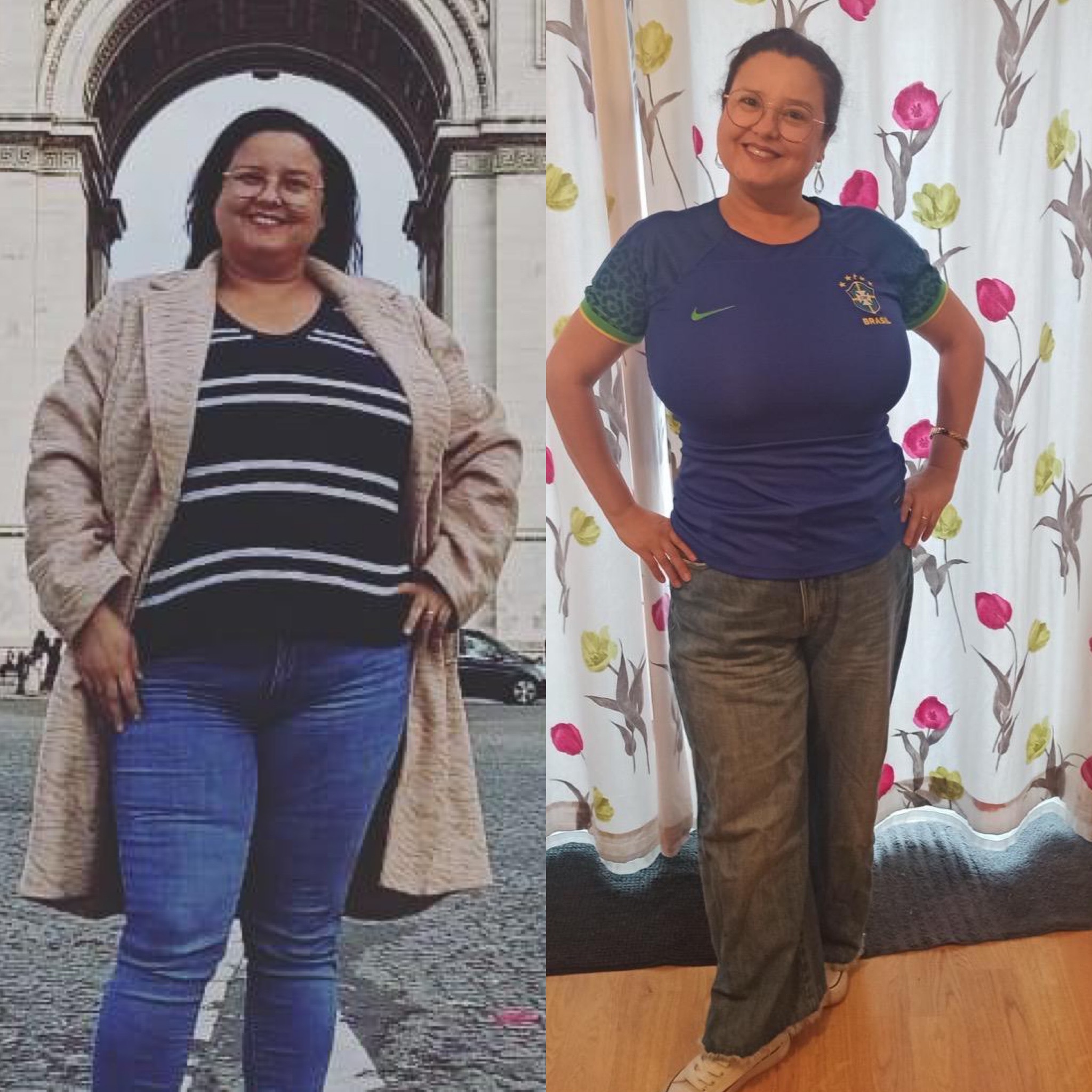Weight Watchers – Good or bad?

What is Weight Watchers and how does its methodology work?
Weight Watchers, known as WW, is a weight loss programme that uses a points-based approach. Each food is assigned a point value based on a systematic calculation considering its calorie, fat, fibre, and protein content.
During the initial phase, the coaches assess the client’s goals and prescribe a specific number of points the client should consume to achieve their objectives. The client receives sample meal plans and a list of foods and recipes with their respective point values. This allows the client to plan their daily choices while staying within the prescribed point limit.
The program features a supporting app that emphasises the importance of tracking food intake to ensure adherence to the proposed point system. Support can be either in-person or virtual, depending on the chosen plan, and includes motivational groups, chats with professionals, and interaction with other program participants.
In this article, we will review and describe Weight Watchers and compare with a consultation with a registered nutritionist.
How is the point prescription determined for each client?
- The client enters all relevant information into the app, including weight, height, age, sex, activity level, weight goals (targets), health history, and body composition (muscle mass and body fat percentage).
- Points are then calculated based on the entered information.
- Adjustments are made as each goal is achieved, body composition changes, and new goals are set.
What is the main difference between the program’s methodology and a consultation with a nutritionist?
Considering that the basic plans do not include consultations with a nutritionist or coach, the main difference lies in how the data is collected and calculated. Also on WW, it doesn’t require to be a registered nutritionist or dietitian to coach people for weight loss. In a nutritional consultation, the professional conducts a thorough assessment, integrating all aspects of the patient’s life with their symptoms and goals. Based on this, the nutritionist proposes a personalised dietary plan, calculating individual needs for all macronutrients and micronutrients.
A nutritionist also gathers detailed dietary history, addressing specific aspects such as food preferences, allergies or intolerances, and prescribing dietary supplements if deficiencies are identified.
How does the program manage food exceptions?
The client also receives a weekly allocation of points, which includes additional points to use throughout the week. These extra points can cover days when the client consumes more food due to deviations from their routine or events, for example.
Weight Watchers ready meals
There are WW-ready meals sold in the main UK supermarkets, which display the points in the packing.
The ingredients are just as any cheap frozen ready-meal supermarket bought. The list of ingredients includes sugar, syrup, etc as top ingredients. Not really the best approach for sustainable weight loss or any metabolic diseases.


Is it required to log all meals?
It is not reported as mandatory to track all meals, but it is emphasized that success is strongly linked to tracking all meals. People can scan the bar code of some packed foods to add points.
How much weight do clients typically lose?
Of course, weight loss can be influenced by many factors, such as adherence to the prescribed points, the length of time the client has been following the program, and the type of plan they chose. However, the average weight loss typically ranges from 0.5 to 1 kg per week.
What is the average cost of this program?
Costs vary depending on the type of plan chosen:
- Virtual Plan: The average cost ranges from £10 to £20 per month. This includes access to the WW app, online nutrition materials, and digital support.
- In-Person Plan: The cost is around £15 to £30 per month. It includes participation in motivational meetings with trained leaders, access to the app, and in-person support through workshops. At times, physical materials are also distributed.
- Total Plan (Virtual + In-Person): Typically costs around £25 to £35 per month. It includes in-person meetings and full access to the WW app. The difference between this type and the in-person plan is that the client also has access to virtual motivational groups, additional educational materials, and more intensive personalized support.
- Premium Plan: This may have a higher cost and includes individual consultations with nutritionists and more intensive personalized support.
- Corporate Plan: Pricing is variable and depends on the company’s contract.
What does the WW app include?
The app allows clients to log their meals, activities, and points consumed. It also features recipes and materials with nutrition tips. Additionally, it includes forums where clients can share experiences with other program participants and receive support from professionals.
How do the workshops for in-person plans work?
They consist of weekly meetings held at physical locations to provide support and motivation for each client’s process. Typically, the meetings last between 30 to 60 minutes and are led by a trained leader, who may be a nutrition specialist or a successful former participant responsible for facilitating group discussions.
Group weigh-ins are conducted to check progress (though this can be done privately if preferred).
Each week, a specific topic is addressed to help clients incorporate it into their daily routines and achieve their goals.
These meetings generally include the distribution of educational materials and may involve group activities or dynamics.
What do clients say about the program?
There is a variety of reviews about the program. Happy clients have rated it positively for the ease of making food choices, noting that even meals from certain restaurants were calculated based on points to help clients understand how to include them in their diet. There are also positive reviews regarding the app, where clients can scan all their meals and track the points prescribed for their treatment.
However, many negative reviews are complaining about difficulties with cancelling subscriptions, challenges in accessing customer service, and the app’s slow performance, often requiring users to repeat tasks like entering their food diary. Some reviews also mention that cancellations were made but payments continued to be charged. Additionally, there are comments about the lack of motivational support once clients reach their desired weight.
Weight Watchers review by a Dietitian
Positives:
- Ease of Control: Clients can manage their food intake by focusing on reaching their prescribed point total, offering freedom to choose and prepare foods as desired, and distributing meals throughout the day.
- Motivational group session for those who subscribe to the plan
- The app that allows scan bar codes to add points
Negatives:
- Glycemic Load: The program does not take a glycemic load into account, which is an important factor in weight loss and overall health. There are foods are counted as having zero points, potentially leading clients to over consume certain items like fruits, which, despite being low in fat and calories, can affect glycemic load when consumed in large quantities.
- The calculation of points is based on information entered into a computer that estimates metabolism according to weight, height, age, sex, exercise level, and the client’s goal.
- Protein Intake: The methodology does not calculate individual protein needs nor prescribe specific foods to meet these needs. This could result in protein deficiencies, which are crucial for weight loss and longevity.
- Cost: It can be more expensive if you choose plans with individual consultations with a nutritionist.
- Other Considerations: It overlooks the daily needs for micronutrients based on each individual’s specific requirements, and we know the impact this has on overall health and well-being.
- Focusing solely on counting points with no food restrictions rather than learning to eat in a balanced way reduces mindful eating during food choices.
Weight Watchers vs Nutritionist consultation
| Aspect | Weight Watchers (WW) | Nutritionist Dietitian Consultation |
|---|---|---|
| Personalisation |
|
|
| Meal Planning |
|
|
| Nutritional Focus |
|
|
| Support |
|
|
| Tracking |
|
|
| Cost |
|
|
| Education |
|
|
| Qualifications |
|
|
Weight Watchers – Good or bad?
In conclusion, it is a program that provides a flexible system for food choices based on a points system, where the client needs to monitor the points they consume at each meal using an app for support. This approach directs clients towards choosing foods with lower fat and calorie content. However, there may be some gaps in addressing individualised nutritional needs, as mentioned above, since individual consultations with a nutritionist are only available in the more expensive plans.
It should be noted that individual experiences with WW may vary and it’s always a good idea to consult with WW or a healthcare provider to receive personalised advice.
Instead of being based on points and losing weight without learning how to sustain it for life, working with a registered dietitian or nutritionist will give you more in depth knowledge about weight loss and lifestyle changes. To find out more about a consultation with a nutritionist, click here.
Get an action plan with a Free Assessment!
Get personalized insights to enhance your well-being and achieve your goals. In this 15-minute video call, we will listen to you and guide you on what you need to do.
Schedule Your Free AssessmentRecent blogs








